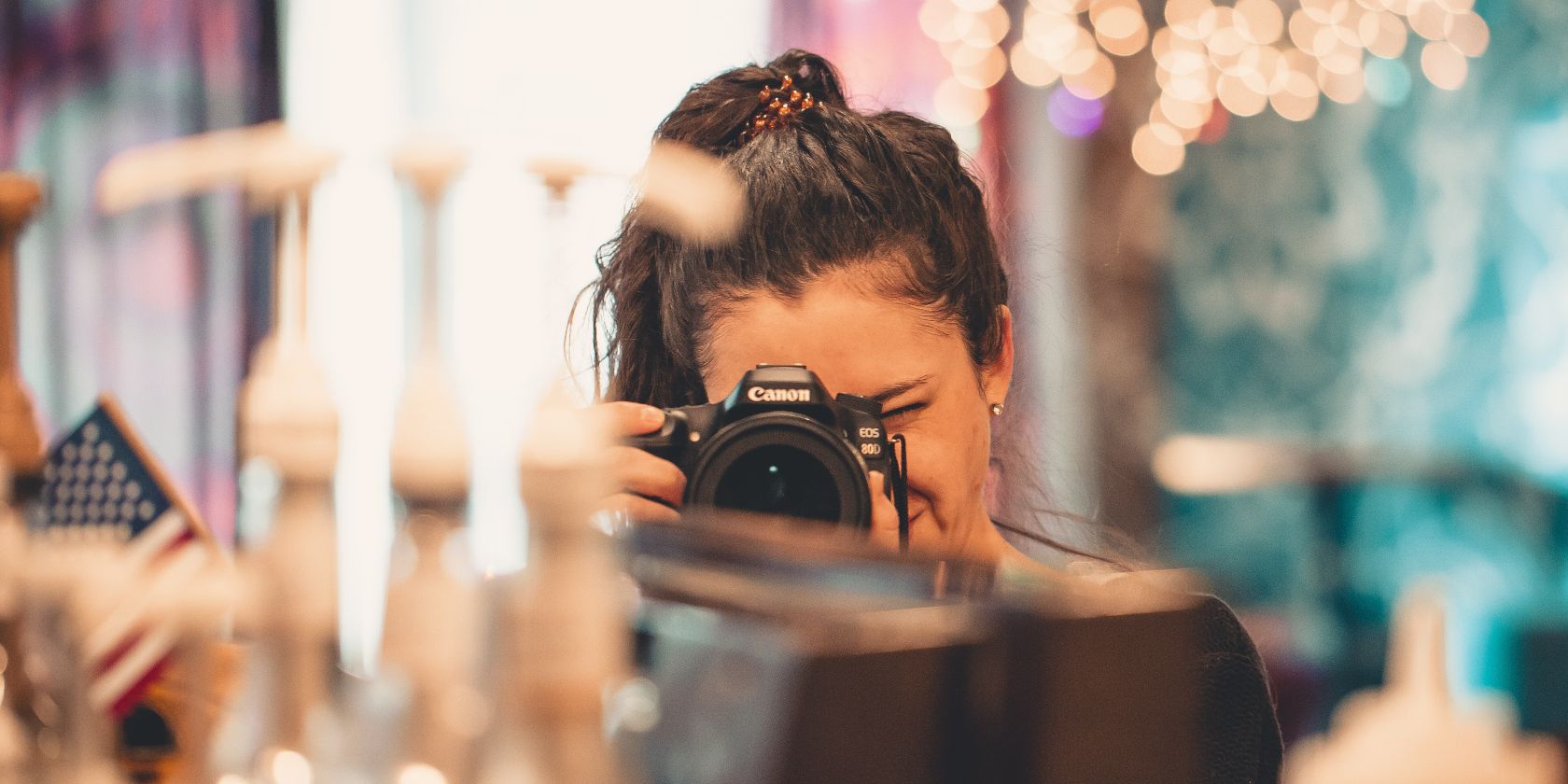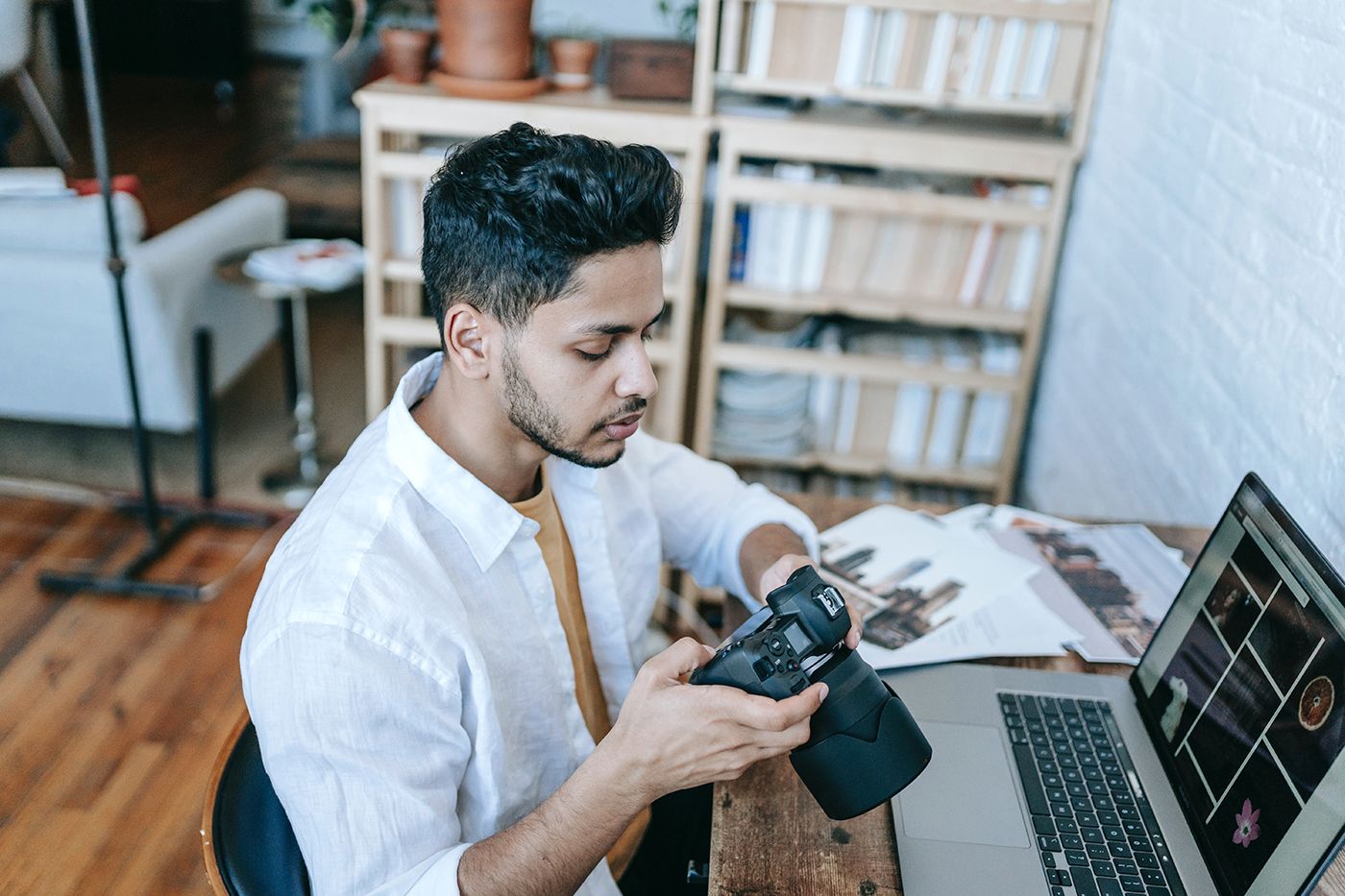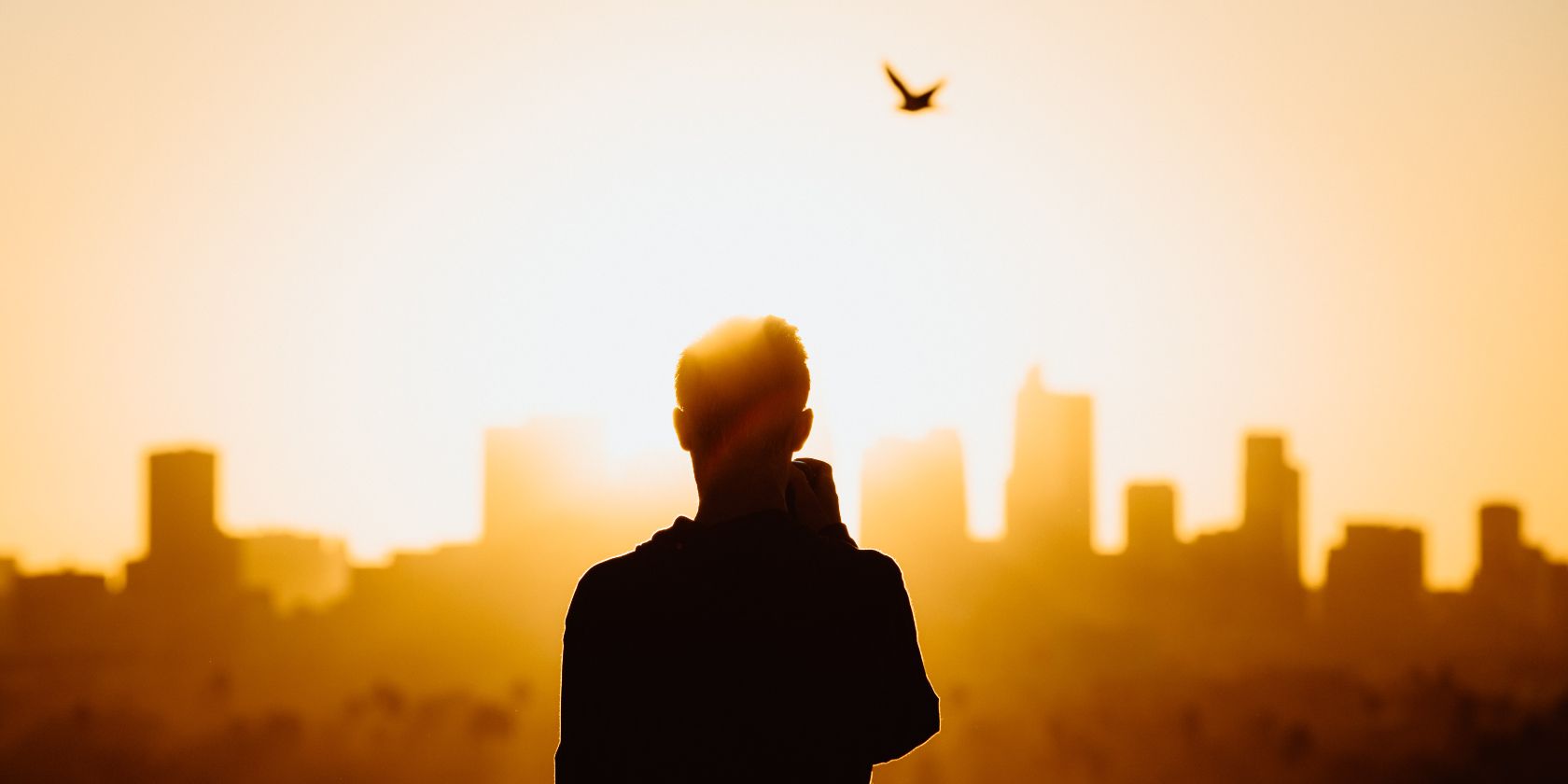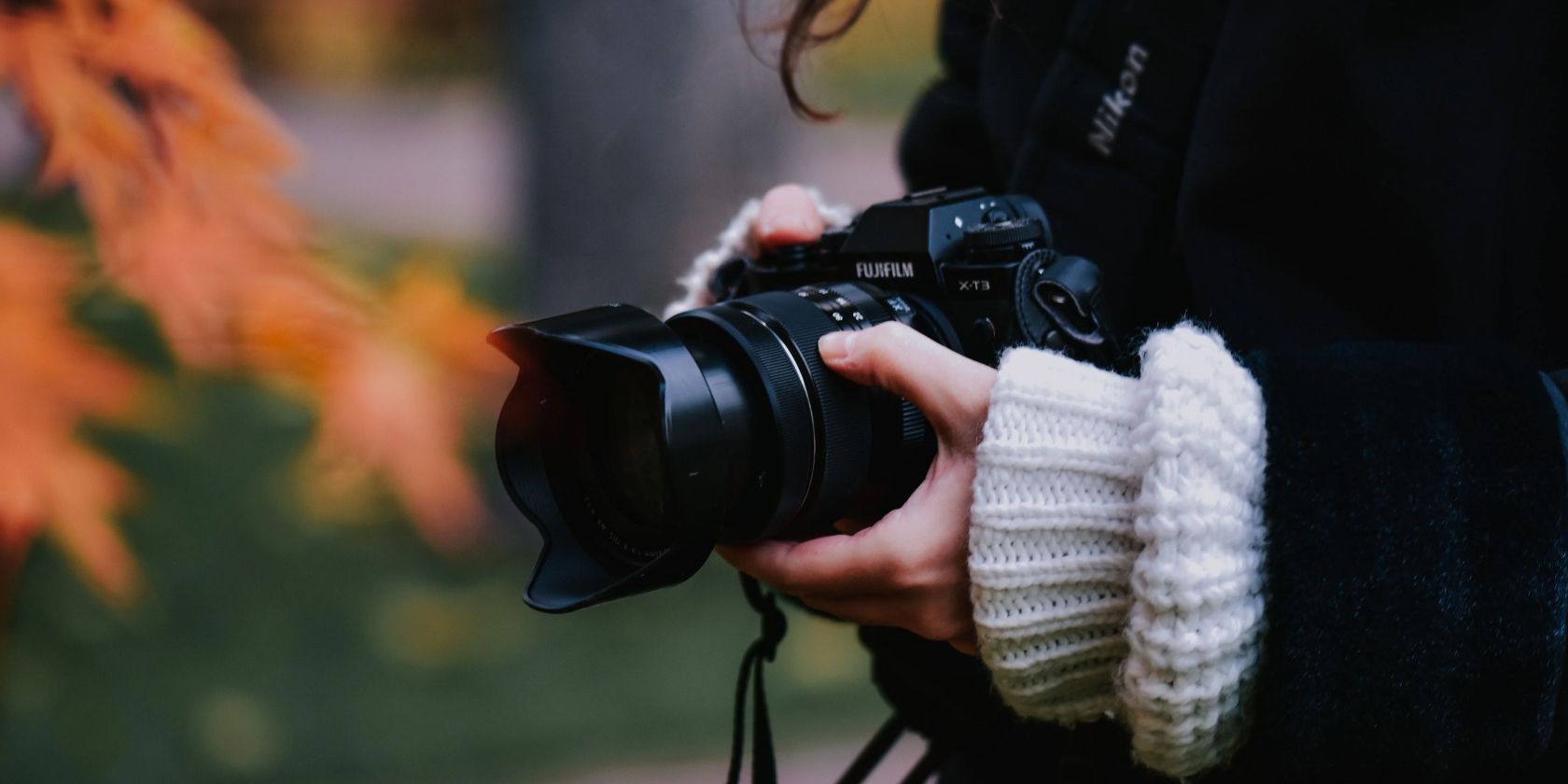In your early days as a photographer, everything's golden. You're constantly learning, and the process of going out and creating feels novel. But over time, that honeymoon period will phase.
Within a couple of years, you'll realize that you've learned everything you needed as a beginner. If you don't adapt and evolve, you risk stagnating and falling out of love with the craft.
If you feel like you're in that wretched purgatory between beginner and intermediate, don't worry; we've got you covered. Keep reading to find out how you can take the next step forward.
1. Prioritize the Exposure Triangle
When you start out as a photographer, the most important thing is to make a habit of it and build momentum. The quality of your images will naturally improve as you get more practice, but applying a little theory will help you take things to the next level.
The exposure triangle is one of the most crucial aspects of photography and involves ISO, shutter speed, and aperture. In simple terms, all three must work in harmony to achieve the results you want.
If you want to get a little more educated on the exposure triangle, we've got a complete guide.
2. Be More Intentional With Your Photography
After buying your first camera, you probably went out and took photos of anything and everything you thought looked nice. And while this is a crucial first step, becoming an intermediate photographer requires you to be more intentional with what you shoot.
If you feel like you're ready to wave goodbye to the beginner phase, the first thing you should do is look at your current portfolio. What kinds of photography do you like the most, and what are you not overly wild about? Ditch anything that falls into the latter category and focus on what brings you the most joy.
Another way you can be more intentional with your photography is by thinking about what your goals are before you go out. Doing this will help you pick the right equipment and choose locations that match what you're trying to achieve. As a result, you'll take better pictures.
3. Focus on Lighting
As you gain more experience in photography, you'll quickly notice that lighting plays a significant role in whether you get the shot you're looking for or not. Different times of day will yield different results; golden hour will give you a softer tone, whereas shooting at midday in the summer will result in harsher shadows.
This tip partially ties in with the previous section; knowing your goals will make it easier to ensure that you shoot in the right conditions. If you want to develop a moody photography style, for example, it makes little sense to go out when it's sunny.
4. Use Color Theory
Have you ever taken a photo that you thought looked good in the moment but you hated it after importing it to your post-production software? Or, have you shared a shot to Instagram that you thought would perform well—only to get tumbleweed?
If you answered yes to either of the above questions, it could be because you didn't use complementing colors.
Color theory refers to how well certain tones work together. It's a crucial part of many photographers' success, and you'll also notice graphic designers and advertisers using it to captivate their audiences.
This article about using color theory will give you a more in-depth understanding and get you thinking about how you can use it for your projects.
5. Get to Know Your Camera
Even entry-level modern cameras are pretty complex. You probably don't think too much about the additional bolts and whistles when you're in the beginner phase. However, it makes sense to explore these once you're comfortable with the basics.
The first place to start is shooting in different modes. If you always use Manual, try Aperture Priority or Shutter Priority—or vice versa. You can also tweak colors, add grain, and much more.
Learning more about how your camera works can help you figure out when to use specific tools and modes. As such, it'll become easier to produce the results you want.
6. Focus on Emotions
Many non-photographers think that being good involves little more than pointing your camera at something you think looks nice. And yes, that might produce a "good" photo—but it won't create a great one.
Emotions are one of the cornerstones of great photography. To make your pictures memorable, you need your audience to feel how you felt when you took them. You should also make sure you capture others' facial expressions, as doing so will add more life to your image.
7. Connect With Other Photographers
To excel in any creative field, you need other people around you. If your photography journey so far has consisted mainly of you being a lone wolf, it's time to change that.
Besides building a supportive community, networking with other photographers is a great way to learn new tricks that have worked for them in the past. Moreover, you might also open the door to future opportunities.
You can connect with other photographers in several ways. Instagram is a powerful tool to find like-minded people in your local area, and the same goes for meetup websites. If you can't find any clubs or societies to join, consider starting one yourself.
8. Take Courses
It's easy to feel like you've learned everything there is to know about photography after two or three years. But, believe it or not, you've only scratched the surface at this point.
Taking courses and putting what you learn into practice can help you reignite that creative spark and progress to the intermediate level. You can find several free resources on YouTube.
Besides free content, you can take more intensive courses on platforms like Skillshare. In some instances, you might also be able to find evening classes where you live.
Graduate From the Beginner to the Intermediate Photography Phase
At some point on their creative journey, every photographer will suffer the struggle where they're neither beginner nor intermediate. This demotivating spell can last for several months and even years in some cases.
Fortunately, light exists at the end of the tunnel. If you persist and think outside the box, you'll continue to grow as a creator. And once you pass this phase, everything will feel more rewarding.





